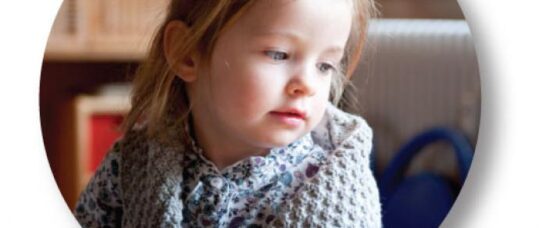NICE round up: Learning disabilities and challenging behaviour

NICE has released a quality standard focusing on caring for children, young people and adults with a learning disability and behaviour that challenges.
The standard highlights that behaviour that challenges is often considered a result of a persons’ interaction between environmental and person factors.
Related Article: ‘Patients not prisoners’: Palliative care nursing behind bars
This behaviour can include: aggression, withdrawal, self-injury, stereotypical behaviour and destructive or disruptive behaviour.
The expectation of the standard is that it will contribute to the following outcomes of: safeguarding, personal dignity, experience of care, premature mortality and patient safety etc.
Training and competencies are needed to care for these patients, therefore, health and social care practitioners involved in caring for, assessing and treating patients with a learning disability and behaviour that challenges should have received relevant training and competencies.
Related Article: New film spotlights health visitor role in supporting fathers’ mental health
Families and carers are also recognised as having an important role in supporting those with a learning disability and behaviour that challenges and where it is appropriate the health and social care practitioner should make sure they are involved in the decision making process when caring, investigating and treating the patient.
The standard explains that carers often have insufficient support from professionals who do not help early enough and don’t have the necessary expertise. Therefore, this can lead to overmedicating people with a learning disability. However, the standard focuses on how to ensure that assessment of these people will lead to them receiving personalised care planning. The standard also makes a range of statements which are aimed at ensuring that the approaches used by staff involved with people with learning disabilities support them, while following the least restrictive practice they can.
Related Article: Domestic violence has long-term impact on mental health
The standard provides eight quality statements all focusing on the care people with learning disabilities receive. One of the statements – named ‘diversity, equality and language’ – explains that good communication is essential. Therefore, the support, care and treatment information provided should be both culturally and age appropriate.
For the full quality standard visit: nice.org.uk/guidance/qs101

See how our symptom tool can help you make better sense of patient presentations
Click here to search a symptom


NICE has released a quality standard focusing on caring for children, young people and adults with a learning disability and behaviour that challenges



